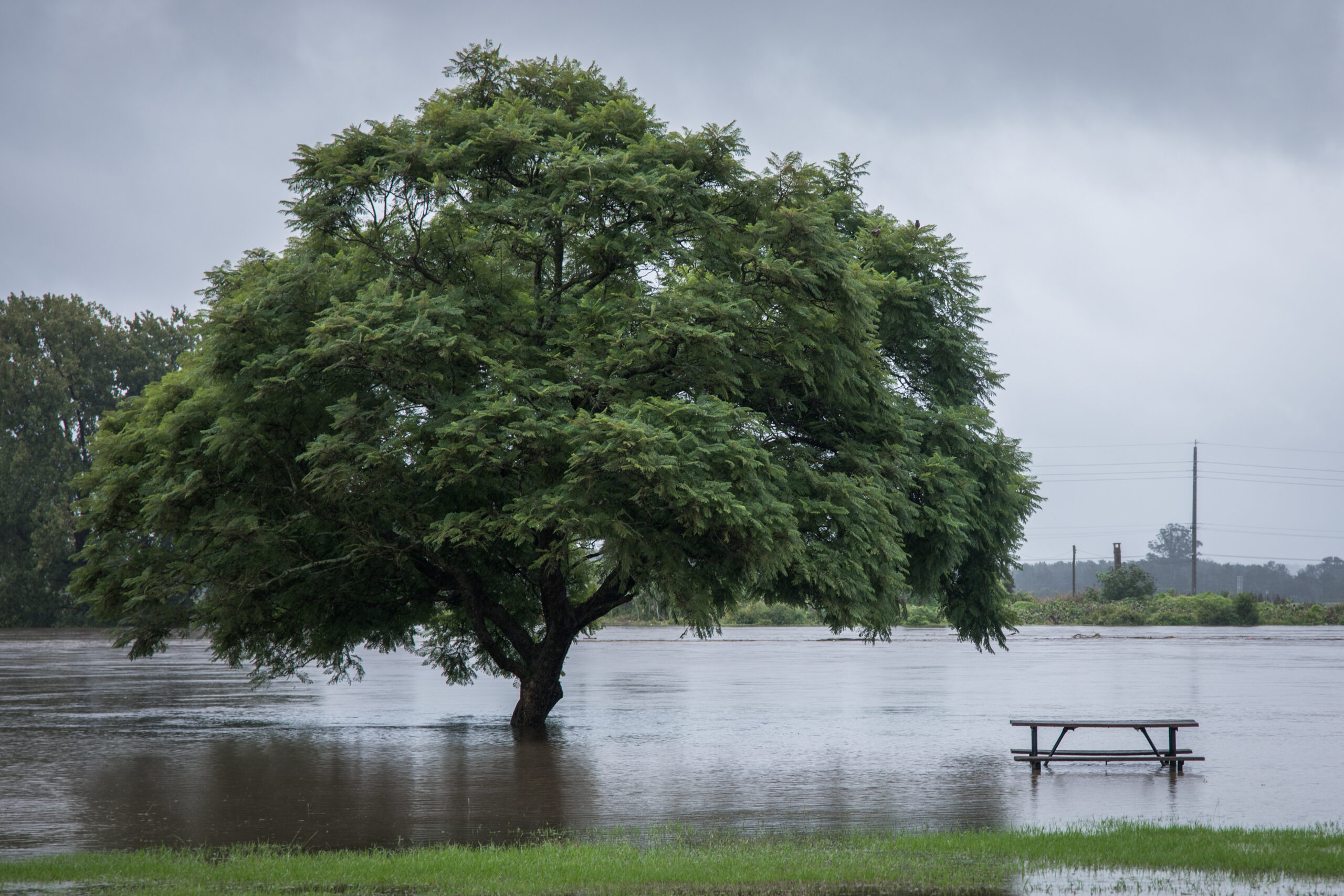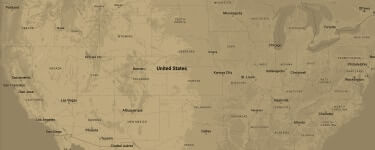A familiar fuel that we casually stash in backyards and carports, firewood is actually a minor miracle. It is the sun’s energy condensed into a convenient and totable package, primed for release when and where we want easy warmth and heat.
“If you have extra logs remaining after winter, you definitely want to preserve it for future use,” says John Gugliotta, President, Paul Davis Restoration of Boston South, Boston Metro West, and Rhode Island, Massachusetts. “Understanding a few key facts about firewood helps you plan the best ways to shield your leftover supply. That way, it will be ready for use when the weather cools.”
Firewood is chosen, seasoned and aged for safe, convenient, easy use:
Hardwoods like oak and maple are preferred for firewood. They burn longer and hotter than softwoods like pine and fir, which combust quickly at lower temperatures. Well-seasoned, aged firewood alights more easily, burns more cleanly and produces more heat while newer wood is not suitable for firewood use. At nearly 50 percent water, “green” wood smokes heavily and deposits sticky, flammable creosote on surfaces. Properly splitting and seasoning them – ideally, by kiln drying – lowers water content to about 25 percent.
High-quality firewood looks, feels and sounds distinctive:
Well-seasoned firewood logs:
- Have dark ends, with visible cracks and splits
- Are light for their size
- Emit a bright ringing sound when knocked together
- Look very different from “green” wood, which is heavy; has freshly cut, cohesive ends; and thuds dully when knocked together.
Storing firewood properly is very important:
Split it (if it is not already split), stack it loosely off the ground and protect the pile from moisture. A rack with a tarp works well as does a covered outdoor structure. It’s vital to shield the wood from moisture to prevent microbial growth and maintain its quality. Firewood exposed to moisture degrades quickly; mold, rot and infestation ruin the wood for firemaking uses.
Storing firewood in the right location is also critical:
Firewood is a termite’s dream and it offers snug nesting spots for rodents, too. Place the wood storage 15-20 feet away from structures that could be impacted by pest activity.
Firewood can last forever if you store it properly:
Properly stored hardwood lasts three to four years, while softer woods last two to three years. Stored indoors in a pest-proof location, however, hardwood firewood can last indefinitely, making it one of the very few fuel sources that does not degrade over time.











